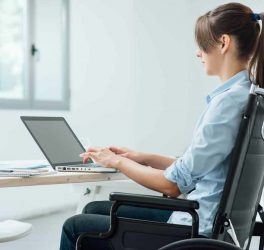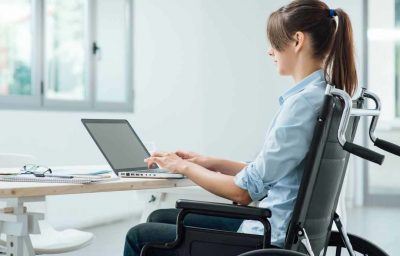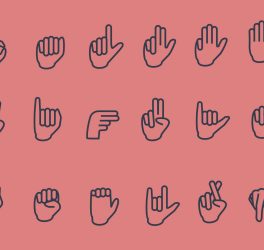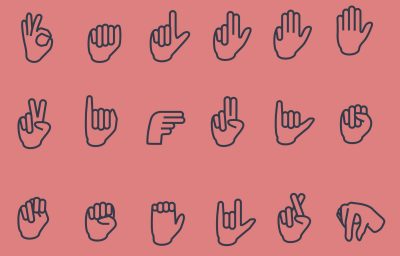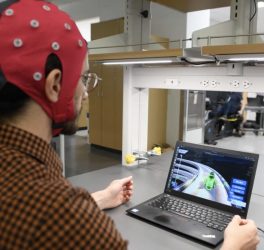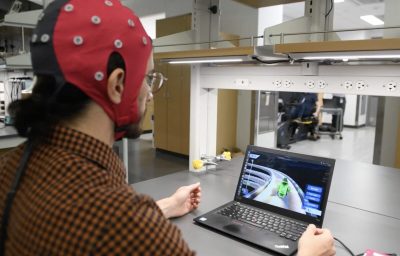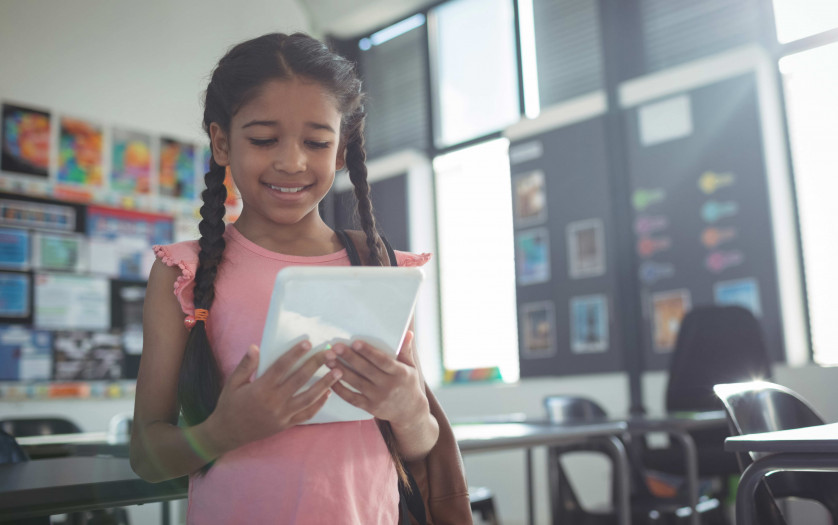
Nairobi, Kenya – Nokia and the Finnish National Committee for the United Nations Children’s Fund (UNICEF) and UNICEF Kenya have launched a shared-value partnership during this year’s Nairobi Innovation Week, to increase equitable access to digital literacy for some of the most disadvantaged children in Kenya. This includes girls and children with disabilities in urban informal settlements and some of the most remote areas of Kenya.
The partnership builds on the Government of Kenya’s investment in the Digital Literacy Project which provided one million tablets to primary schools with a focus on improving the availability and use of quality digital content.
As an initial step, the Accessible Digital Textbook with special features for children, with hearing, visual and intellectual disabilities, has successfully been piloted in schools during the first quarter of 2019 and will be launched by the Government of Kenya later this month. The textbook, which is the first of its kind, was produced by KICD with the active involvement of disability stakeholders who infused different media-overlays with audio for children with visual impairment, simplified text for children with intellectual disabilities, and Kenya Sign Language video inserts for children with hearing impairment.
Going forward, the partnership will provide support to the Government of Kenya to avail more digital learning materials to schools in urban informal settlements of Nairobi and the frontier counties of Garissa and Turkana. This will be achieved by connecting them to the internet using the latest Nokia connectivity technology.

